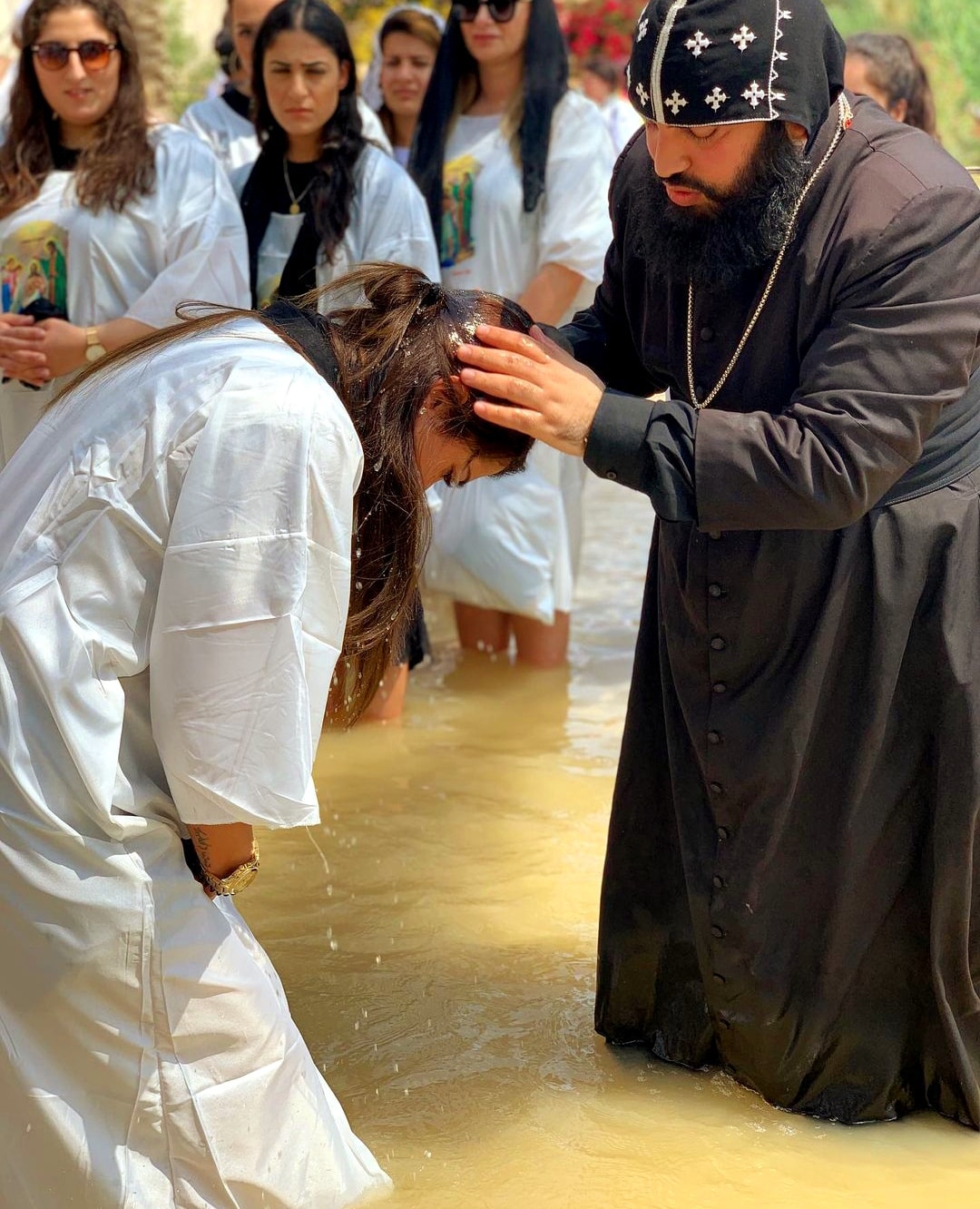
Lk. 3:15-16, 21-22
Mr. Samuel Morse was born into a preacher’s home in England. After finishing his education at Yale, he went to England to master the art of painting. He came back to America and, in a short span of time, became a well-known painter. His first wife died when he was away from home while painting in Washington, D.C. He did not receive the news until it was too late. This personal tragedy prompted him to think of finding some means for a rapid form of communication. He gave up his passionate painting career, dedicated his life to this cause, and finally, he discovered the telegraph. This invention gave him global fame. However, he was not proud or boastful. In his letter to his second wife, he wrote: “The more I contemplate, this great undertaking, the more I feel my own littleness, and the more I perceive the hand of God in it, and how he has assigned to various persons their duties, He being the great controller, all others being his honoured instruments… hence our dependence, first of all on God, then on each other.” The achievements that we earn in our lives are not mere human effort, but also divine inspiration and assistance.
Today we conclude the Christmas season with the celebration of the feast of the baptism of our Lord. In today’s gospel, we meditate on Jesus’ reception of baptism from John the Baptist. In fact, Jesus need not have received this baptism of repentance, yet he surrenders himself to the Abba Father, who acknowledges and reveals his divine identity. “You are my Son, the Beloved; with you I am well pleased.” (Lk. 3:22) This event of baptism was a significant event in the life of Jesus. At this juncture, John clearly explains his own role and the role of Jesus to everyone. People misunderstood John as the Messiah. John corrects their misunderstanding by stating his littleness before Jesus, whose sandals he is unworthy to untie. Above all, John helps us to understand the salvific mission that Jesus is going to fulfil. He is the anointed one of Yahweh who baptises his people with the Holy Spirit and fire. On Pentecost day, the apostles and disciples of Christ received the baptism of the Holy Spirit.
In the first reading, we see the prophecy of Isaiah, wherein we come across the suffering servant of Yahweh who, through his vicarious suffering, brings forth justice for all people. The prophet presents the suffering servant of Yahweh, in whom Yahweh put his Spirit. The prophecy of Isaiah tells us the animating role of the Holy Spirit and the significance of baptism, wherein Jesus receives the fulness of the Spirit.
In the second reading, Peter, having witnessed Jesus’ ministry, acknowledges the animating role of the Spirit in Jesus’ life. He says: “How God anointed Jesus of Nazareth with the Holy Spirit and with power; how he went about doing good and healing all who were oppressed by the devil, for God was with him.” (Acts. 10: 38) Through his meritorious sacrifice on the cross, Jesus gifted us the same fulness of the Spirit through the sacrament of baptism. The Pentecost experience was an obvious example of the outpouring of the Spirit that Jesus promised to all his disciples. We have seen the animating role that the Spirit played in the life of Jesus. Many of us remain ignorant of this promise of Jesus and never depend on the Spirit in our journey of being a disciple of Christ. As a result, our witness neither bears fruit nor causes any social transformation. As we celebrate this feast, let us earnestly desire and pray for the gift of the Spirit in our lives so that we may be empowered like Christ and live our Christian witness in its fulness.